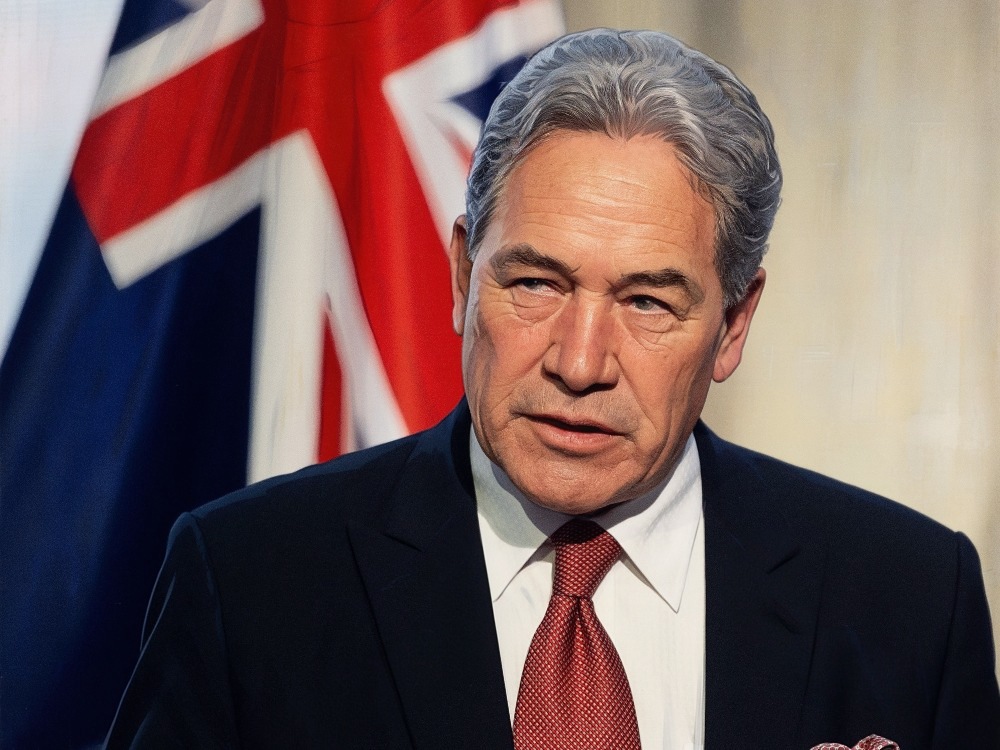By Craig Young
Once again, Winston Peters is pushing a populist button—this time proposing a private member’s bill that could weaponise binding citizens-initiated referenda. While it might sound like a nod to democratic participation, this move risks becoming a Trojan horse for fringe conservative agendas to derail hard-won social progress.
Under the current Citizens Initiated Referendum Act 1993, campaigns must meet a signature threshold within a set timeframe to compel Parliament to respond. In practice, this has mostly enabled conservative Christian activists to delay or deter legislation around bioethics, sexuality, family structures, and drug policy.
Still, results haven’t always favoured the right. In 2009, a referendum opposing the Clark-era ban on parental corporal punishment ultimately changed little. More recently, in 2020, opponents of euthanasia reform feared the public would embrace liberalisation. They were right: the End of Life Choice Act passed with a resounding 75% approval. Ironically, the very referendum they resisted delivered a defeat so decisive, it silenced future opposition.
When it comes to LGBTQIA+ rights, the legislative battle is largely won—at least for lesbian, gay, and bisexual New Zealanders. The Relationships, Sexuality and Gender Curriculum is expected to return under a future Labour-led government. Meanwhile, issues like expanded drug law reform remain distant but relevant battlegrounds.
So what exactly is Peters targeting?
In his usual inflammatory style, the Deputy Prime Minister has leaned into moralistic rhetoric, hinting vaguely at “conscience issues” but failing to specify them. There was an attempt to spark a referendum against the Prostitution Law Reform Act 2003, but it fizzled out before reaching the signature quota. Given the current state of play, Peters’ bill appears less about urgent moral questions and more about reopening doors to old cultural wars.
What’s more concerning is that Peters wants to remove the signature threshold altogether. Instead of community consensus, he would leave the decision in the hands of the Speaker of the House—a move that opens the process up to exploitation by populist fringe groups. That’s not democratic participation; that’s procedural sabotage.
There’s also the glaring issue of cost. Previous referenda have each cost taxpayers up to $9 million. Can a fiscally conservative coalition justify such expenses while making cuts to health and social services? And will National support this bill, or quietly abandon it to avoid the political fallout?
This move seems to be another entry in Peters’ long playbook of courting controversy and moral panic. And while the bill may languish in the ballot for now, the mere fact that it exists is a warning. Should it be drawn, progressives across the board—from LGBTQ+ advocates to drug law reformers—must be ready to act.
Because the cost of silence might be another referendum. And next time, we may not win.

































